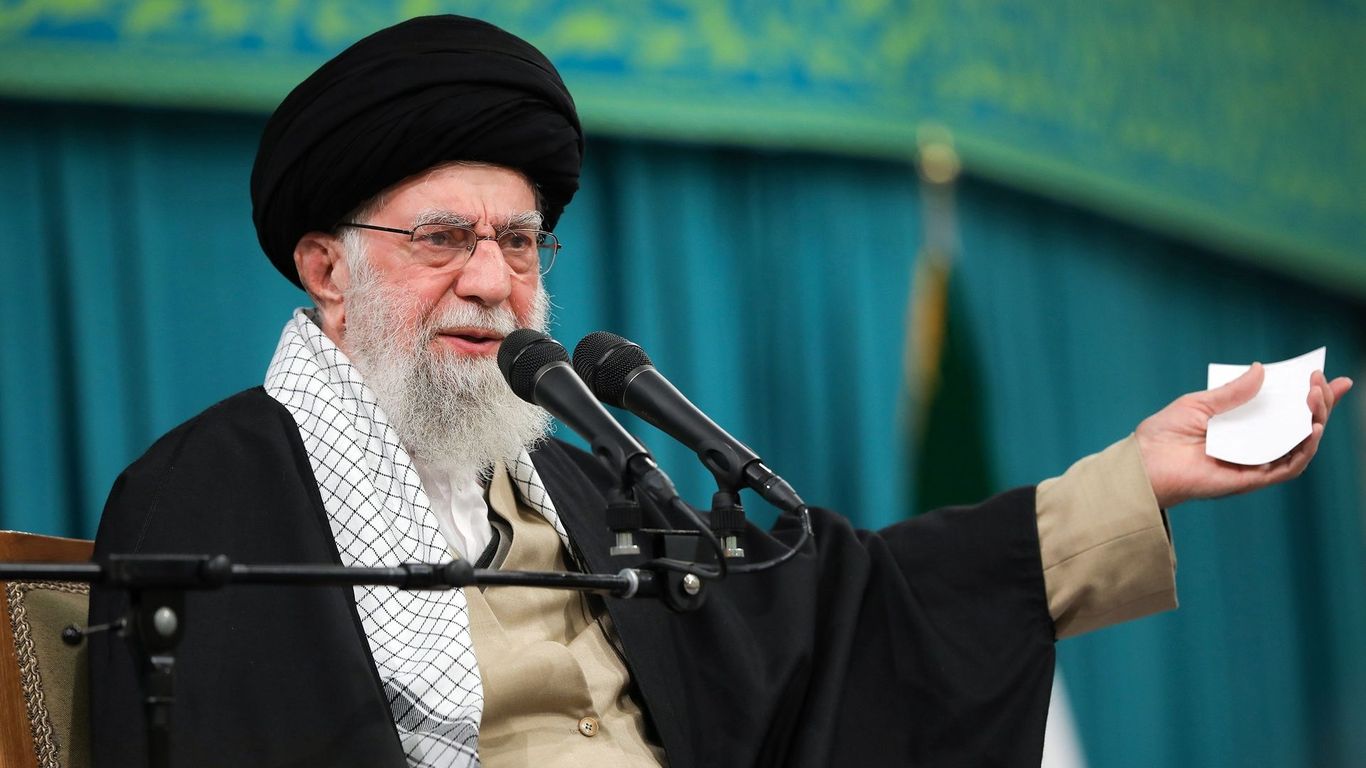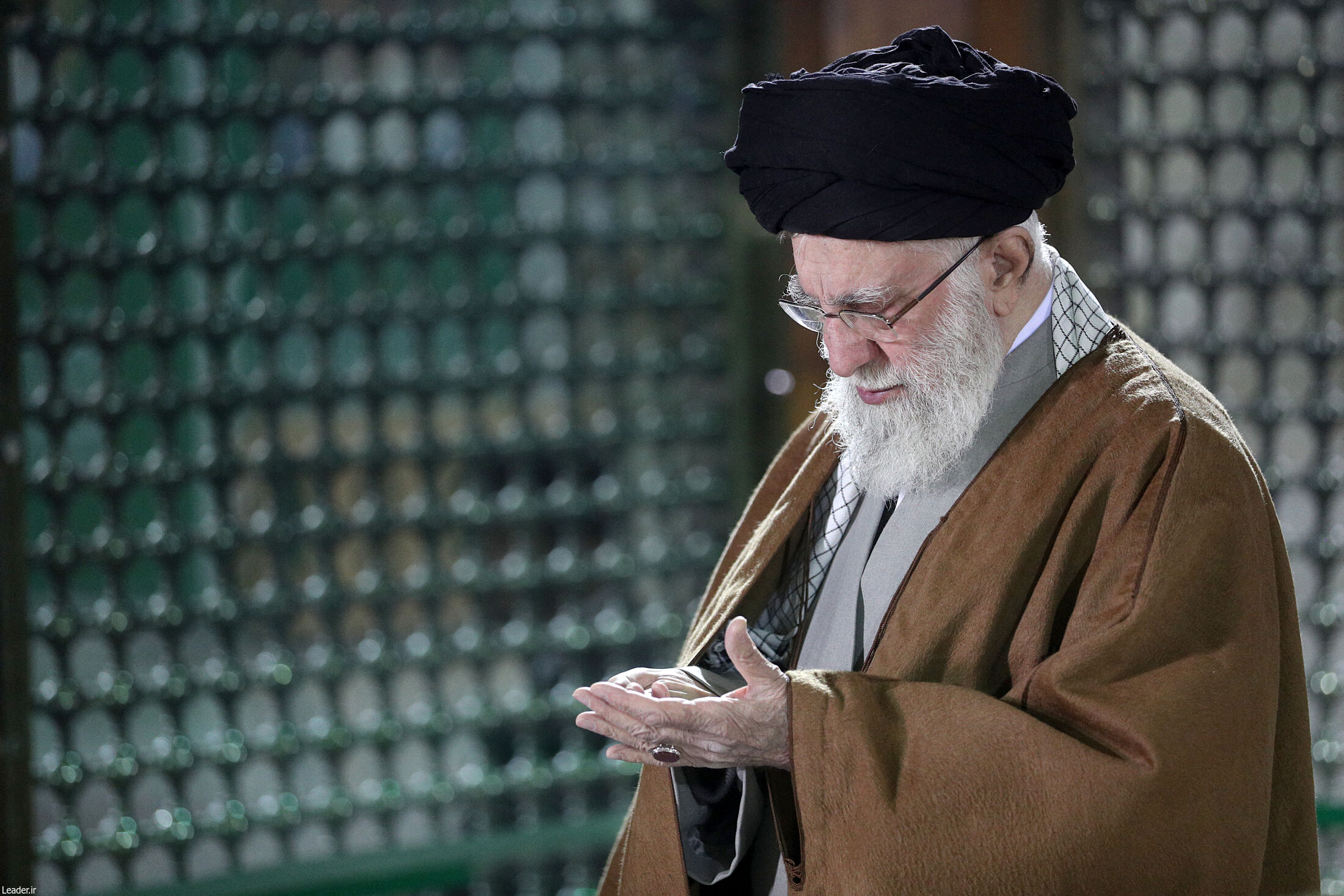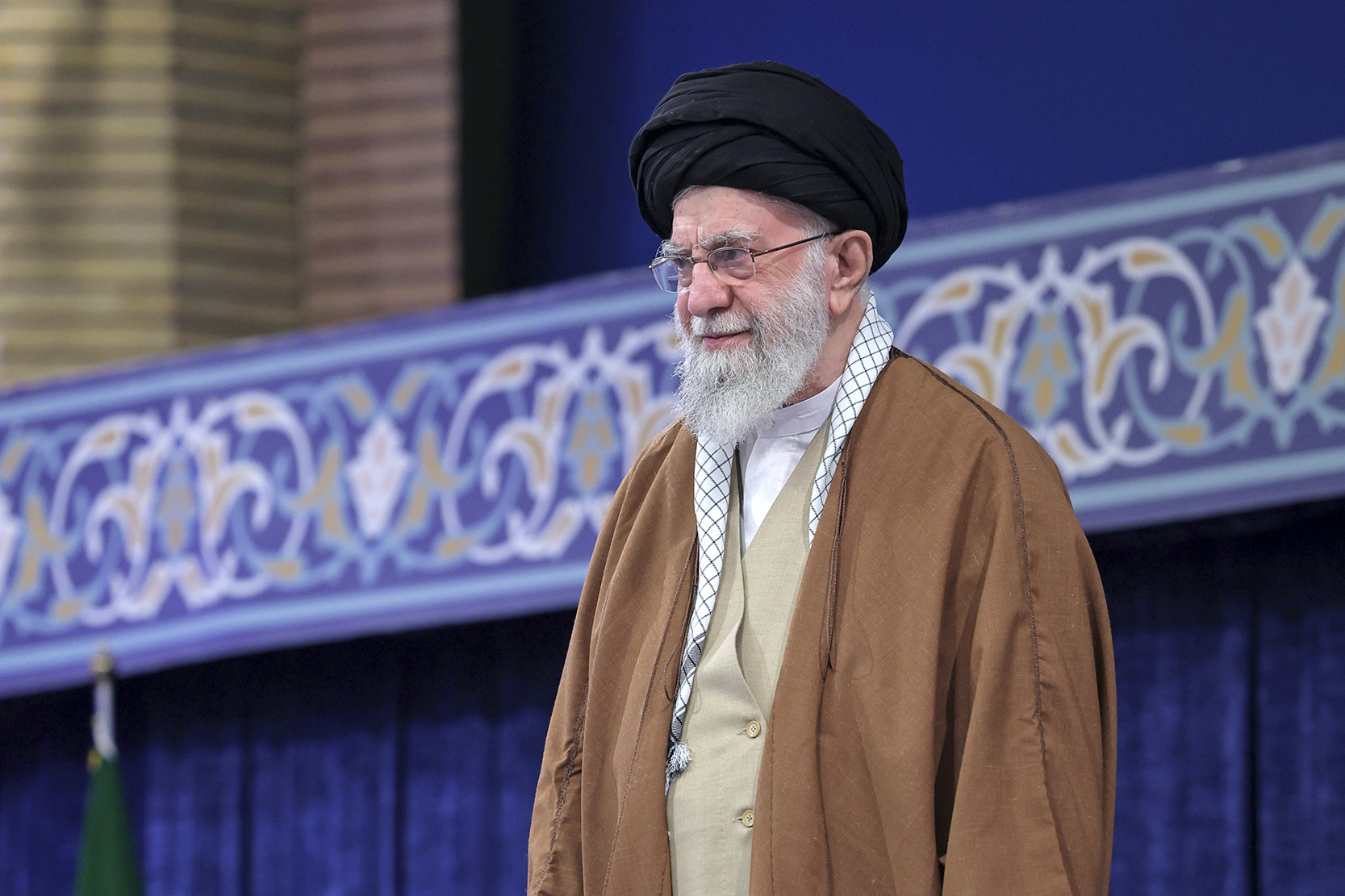Khamenei Rejects U.S. Talks, Accuses Trump of Bullying
Iran's Supreme Leader Ayatollah Ali Khamenei dismisses U.S. negotiation attempts, stating they are meant to impose restrictions rather than resolve issues.
Overview
Iran's Supreme Leader Ayatollah Ali Khamenei rejected a recent overture from President Trump for nuclear negotiations, labeling the U.S. as a "bullying" power. Khamenei emphasized that the U.S. efforts are designed not to resolve key issues but to impose demands on Iran's military capabilities and regional influence. He asserted that Iran would not agree to any restrictions on its missile program or ties with regional groups. Trump's call for negotiations comes amid tensions over Iran's accelerating uranium enrichment and ongoing U.S. sanctions. The situation raises fears of potential military confrontation as both countries navigate this complex standoff.
Report issue

Read both sides in 5 minutes each day
Analysis
- Ayatollah Khamenei describes U.S. calls for dialogue as an attempt to impose its demands, particularly regarding Iran's military capabilities and regional influence.
- President Trump expresses a desire for negotiations to prevent Iran from acquiring nuclear weapons, indicating a preference for diplomatic solutions over military action.
- The geopolitical situation remains tense, with fears of confrontation as Iran accelerates its uranium enrichment amidst scrutiny from the UN and pressure from the U.S.
Articles (8)
Center (3)
FAQ
Ayatollah Khamenei rejected President Trump's call for nuclear negotiations because he believes the U.S. aims to impose its will rather than genuinely resolve issues. He views U.S. efforts as 'bullying' and designed to dominate Iran's military capabilities and regional influence.
Iran has accelerated its uranium enrichment, reaching near weapons-grade levels. This has raised concerns among Western nations that Tehran could develop a nuclear weapon, though Iran denies such intentions.
The standoff raises fears of potential military confrontation, as both countries are unwilling to back down. The U.S. has threatened military action if Iran does not comply with its demands, while Iran maintains its refusal to negotiate under pressure.
History
- This story does not have any previous versions.





